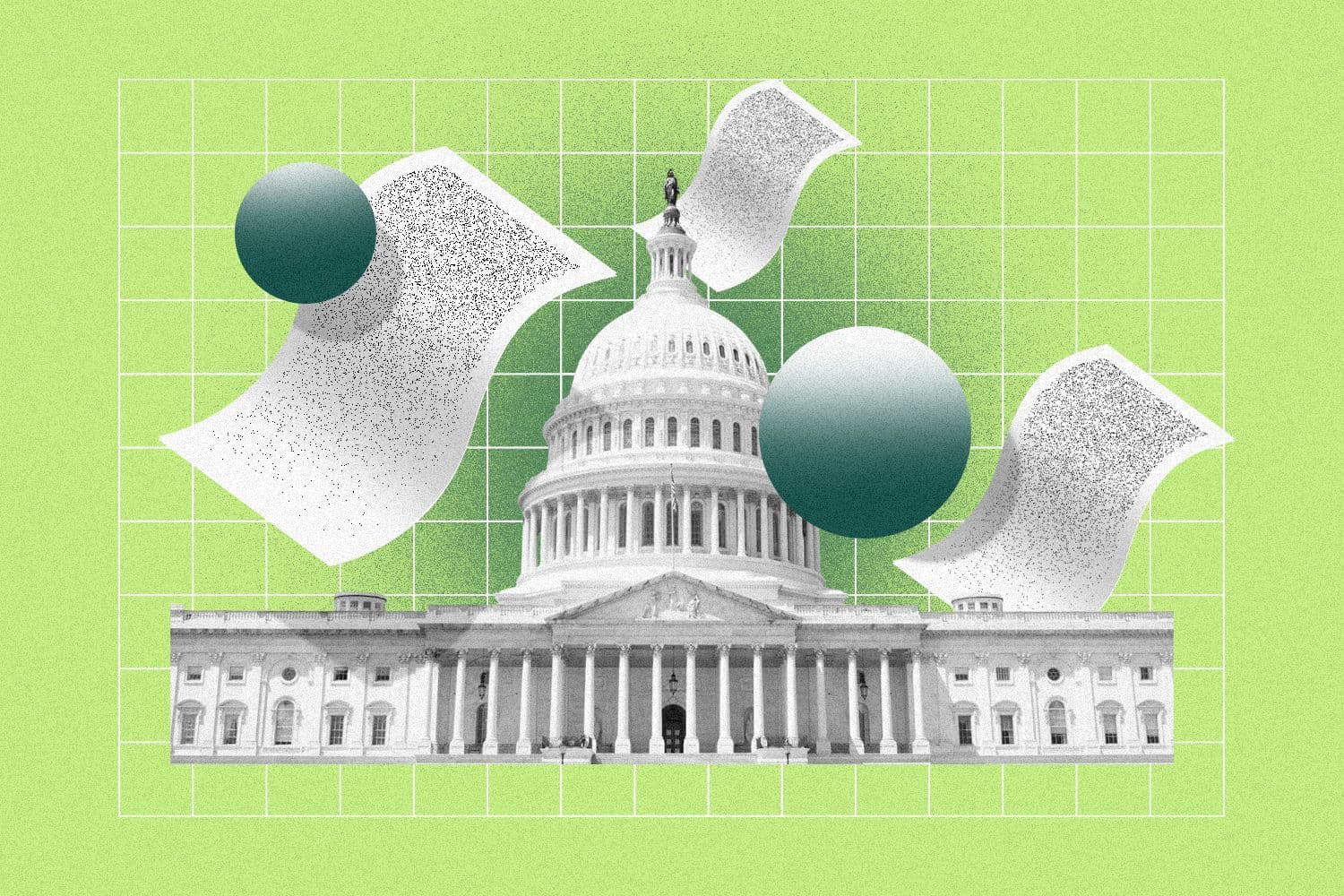Legislative lowdown: PWFA takes effect, AI bias law now enforced
A long-awaited federal law granting workplace accommodations to pregnant workers took effect in June, while New York City’s AI bias law is now being enforced.

Francis Scialabba
• 3 min read
Courtney Vinopal is a senior reporter for HR Brew covering total rewards and compliance.
A long-awaited law granting workplace accommodations to pregnant workers took effect on June 27, paving the way for workers who are pregnant or have given birth to request a variety of reasonable accommodations from their employers.
Here’s what HR pros should know about that new legislation, as well as recently enacted policies concerning independent contractors, AI, and warehouse-workers’ safety.
National
PFWA takes effect. The Pregnant Workers Fairness Act, which was signed into law by President Joe Biden in December, states that employers with 15 or more workers must provide reasonable accommodations to employees who are pregnant, have given birth, or are experiencing related medical conditions, unless such accommodations pose an undue hardship to the employer.
Under the PWFA, pregnant workers may request accommodations such as closer parking, flexible hours, and leave or time off to recover from childbirth, according to the Equal Employment Opportunity Commission.
Law firm Ogletree Deakins recommended employers train their HR departments to recognize potential PWFA accommodation requests, as well as analyze what types of accommodations they could provide to pregnant employees for issues they know currently exist.
State and local
Laws target warehouse worker safety. A law intended to protect warehouse workers in New York state took effect in June. Under the Warehouse Workers Protection Act, distribution centers are required to disclose quotas to workers, such as a specified productivity speed or number of tasks they are required to meet. Additionally, the law bars employers from disciplining or firing workers if they haven’t met quotas that weren’t disclosed, or didn’t allow for breaks.
Minnesota passed a similar law limiting work quotas in some warehouse distribution centers, which will take effect on August 1.
In a blog post, Fisher Phillips, an employment law firm, said the New York law marks a “sea change” for employers of warehouse workers. The deadline for distribution employers to share quotas with employees is July 19.
NYC now enforces AI bias law. As of July 5, New York City is enforcing a law requiring employers to audit employment tools using automation or AI for bias.
To comply with the law, employers need to identify any “automated employment decision tools” they’re using, conduct an independent bias audit of those tools, and make the audit publicly available. Failure to do so could result in fines ranging from $500 to $1,500 per violation per day.
Quick-to-read HR news & insights
From recruiting and retention to company culture and the latest in HR tech, HR Brew delivers up-to-date industry news and tips to help HR pros stay nimble in today’s fast-changing business environment.
Quick-to-read HR news & insights
From recruiting and retention to company culture and the latest in HR tech, HR Brew delivers up-to-date industry news and tips to help HR pros stay nimble in today’s fast-changing business environment.